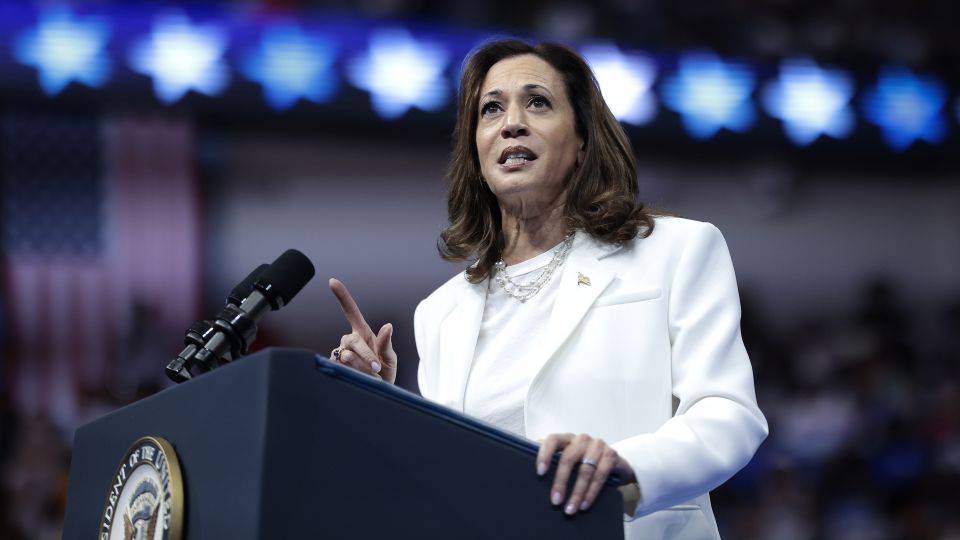In a recent survey conducted by Selzer & Co., Kamala Harris is shown to be closing in on Donald Trump in the state of Iowa, a state that Trump has previously won comfortably. The survey found Trump at 47% and Harris at 43%, within the margin of error. This close race in a state that Trump has dominated could signal good things for Harris in terms of polling accuracy and her chances in neighboring Wisconsin, even though Iowa is unlikely to be pivotal in the upcoming election.
The Selzer survey is significant because of its track record of accuracy in an era where other pollsters have struggled. In the 2016 and 2020 elections, Selzer’s polls correctly predicted Trump’s victories in Iowa, where other polls had shown Democrat Joe Biden in a better position. The recent poll in Iowa suggests that other pollsters who show a race too close to call may not be underestimating Trump at this point. Additionally, the numbers coming out of Wisconsin, a neighboring state with comparable demographics, also favor Harris.
In Wisconsin, Harris has received some of her best polling numbers. Recent polls from Marquette University Law School show Harris leading Trump by 4 points among likely voters. This margin, while not wide, is better than Biden’s winning margin in Wisconsin in 2020 and stands out among other key swing states. If Harris were to win Wisconsin, it would improve her chances of winning the overall election. Modelers would give her closer to a 75% chance of victory if she were to win the state, compared to a roughly 50/50 chance without it.
A win in Wisconsin, however, would not guarantee victory for Harris. She would still need to secure at least two of the other six battleground states. While a win in Wisconsin would be a significant boost to her campaign, Trump could still win the election with the right combination of states. The current Selzer poll shows a more favorable result for Harris than it did for either Clinton or Biden in the end, indicating a potentially stronger position for Harris heading into the election.
While the Selzer poll is encouraging for Harris, it is important to note that it could be an outlier, and much can change between now and Election Day. Previous polls from Selzer have shown varying results leading up to the final election outcome. Nonetheless, having the support of the Selzer poll is advantageous for Harris at this stage in the race. The survey suggests a positive trend for Harris in Iowa, which could bode well for her in the broader electoral landscape.












